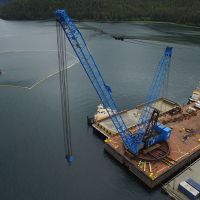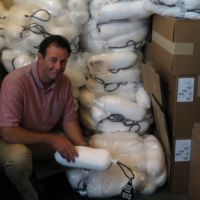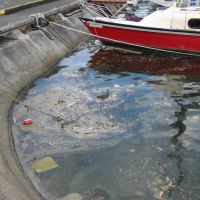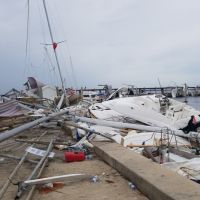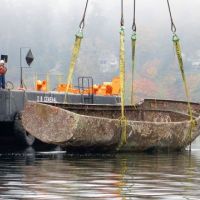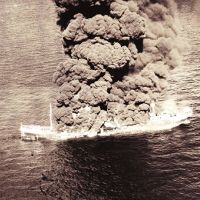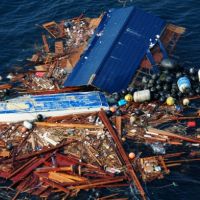Marine Pollution Prevention: Keeping Our Coasts and Waterways Clean
Marine pollution crops up in many forms—from major oil spills and industrial waste, to pollution runoff and marine debris. Learn the ways NOAA's Office of Response and Restoration works to prevent marine pollution and how you can prevent it, too.
The most important element in prevention is preparedness. OR&R combats pollution before it happens by preparing for a variety of scenarios, such as an oil spill in Arctic waters or damage to an industrial facility caused by a hurricane. While changes in policy and procedure can help to prevent the incidents entirely, there is always a potential for mechanical or human failure. Through training, exercises, and planning, responders can limit the pollution impacts of the incidents that do happen.
Below, explore marine pollution prevention through a series of blogs about prevention pollution on historic shipwrecks and during disasters, and how you can prevent marine debris and runoff pollution in your lawncare.
Backyard Pollution Prevention: 5 Ways to Help Keep Waterways Healthy
When it comes to keeping waterways clean, we all have a part to play. Some of the most simple steps can take place in your own backyard. In our latest blog, here are five ways you can help keep waterways healthy ... Read more.
Preventing Marine Pollution Before the Storm
Hurricanes pose threats from storm surge, inland flooding, wind damage, and even tornadoes, but a lesser known impact is the natural and man-made marine debris they cause. In this blog, learn how you can help prevent marine pollution before a storm hits. ... Read more.
The Power of Prevention to Keep the Sea Free of Marine Debris
Our ocean is filled with items that don’t belong there. From our everyday food wrappers, plastic bottles, and cigarettes to large and damaging derelict fishing nets and abandoned and derelict vessels, marine debris is a global problem that touches every corner of our ocean and Great Lakes. Although cleaning up marine debris is a helpful way to address the problem, the best way to keep marine debris out of our environment is by preventing it. ... Read more.
Preventing Marine Pollution through a Historic Shipwreck Database
Prevention efforts have reduced recent ship sinkings, but what about the thousands of historical shipwrecks in U.S. waters? Many of these sit out of sight, damaged, collapsed onto the seabed—some threatening to leak their oil cargo or fuel. Is there a way to prevent spills from ships that have already sunk? Improvements in underwater technologies now allow salvage companies to safely conduct oil removal operations from sunken ships, but where to start? ... Read more.
Learn More:
- Preventing and Preparing for Oil Spills in the Arctic.
- Safe Boating and Prevention of Small Oil Spills.
- Three Ways You Can Reduce Your Household's Pollution Footprint.
- Small Oil Spill Prevention in the San Juan Islands.
- Preventing Plastic in the Great Lakes.
- Tips for Preventing Small-Vessel Oil Spills.
more images
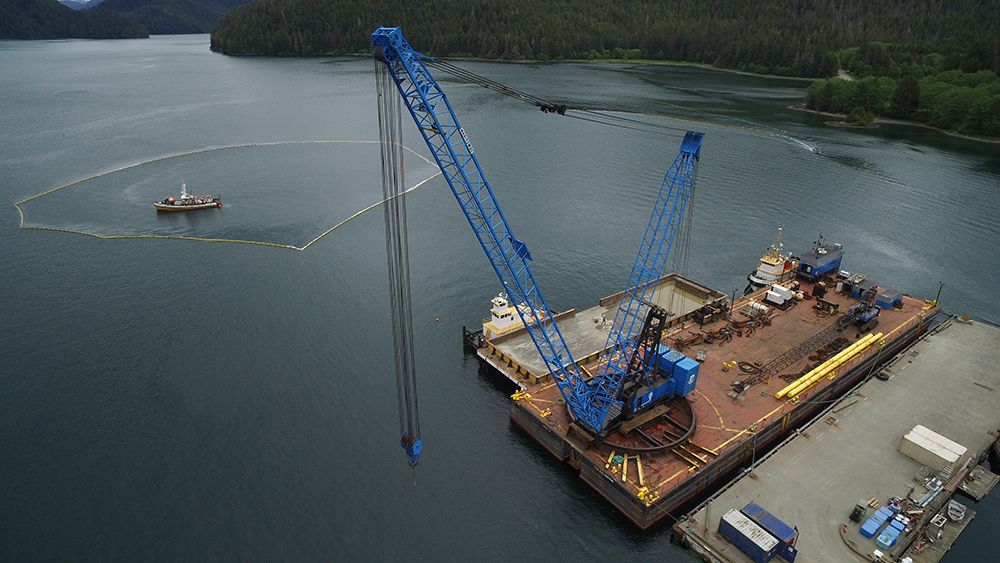
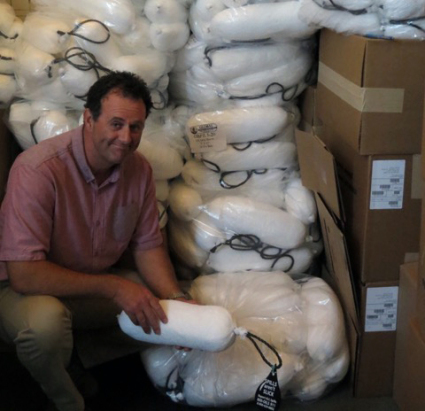
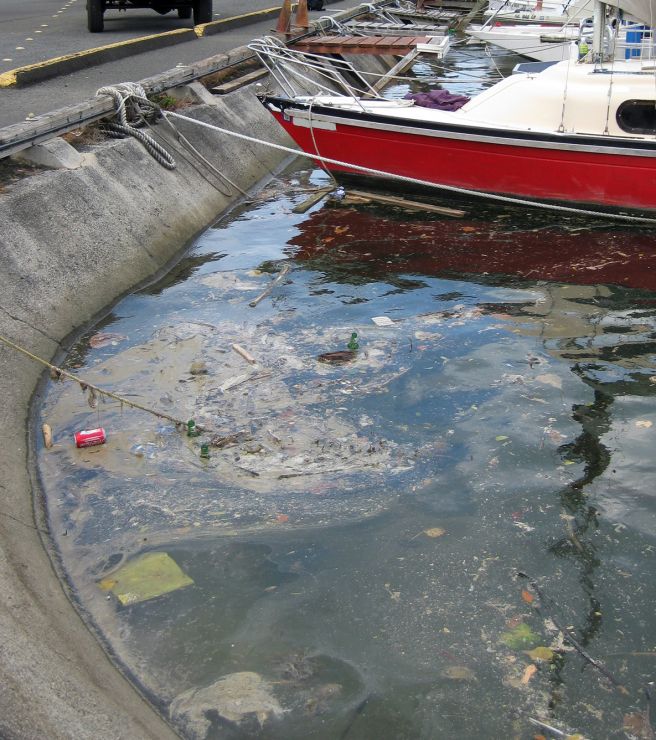
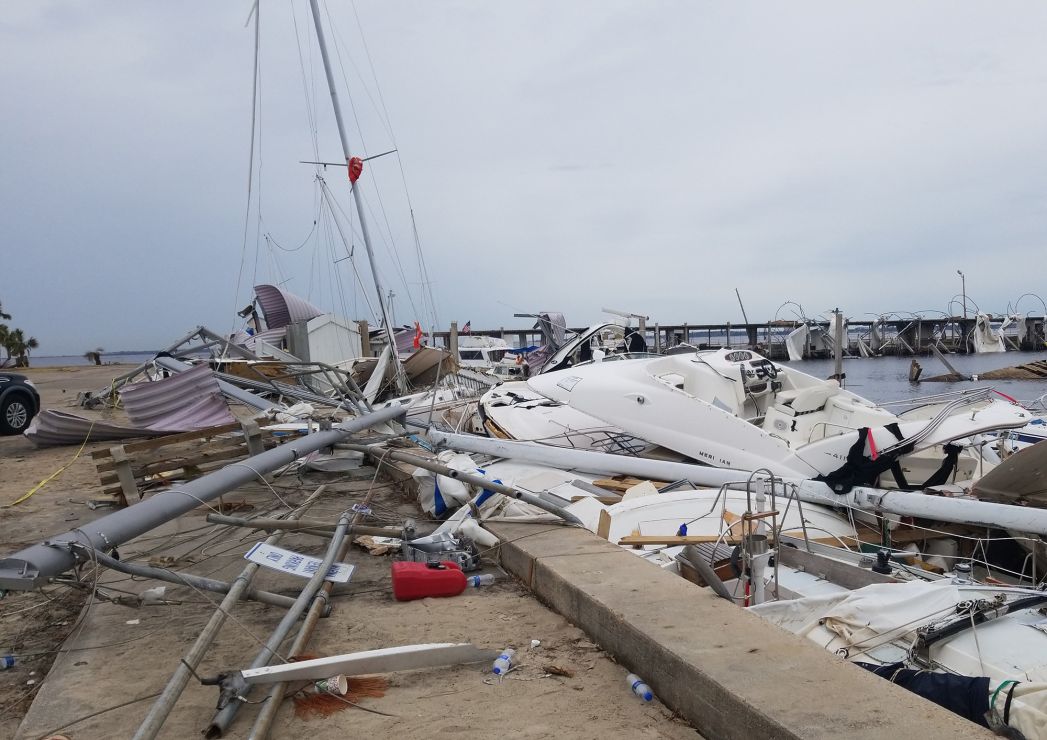


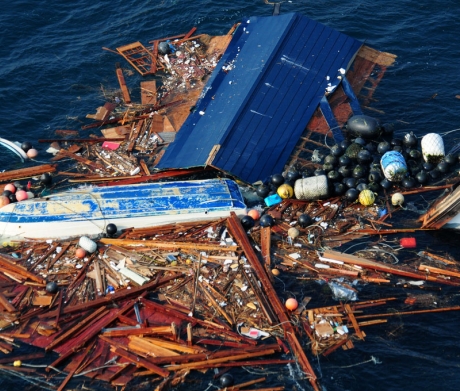

 An official website of the United States government.
An official website of the United States government. 

